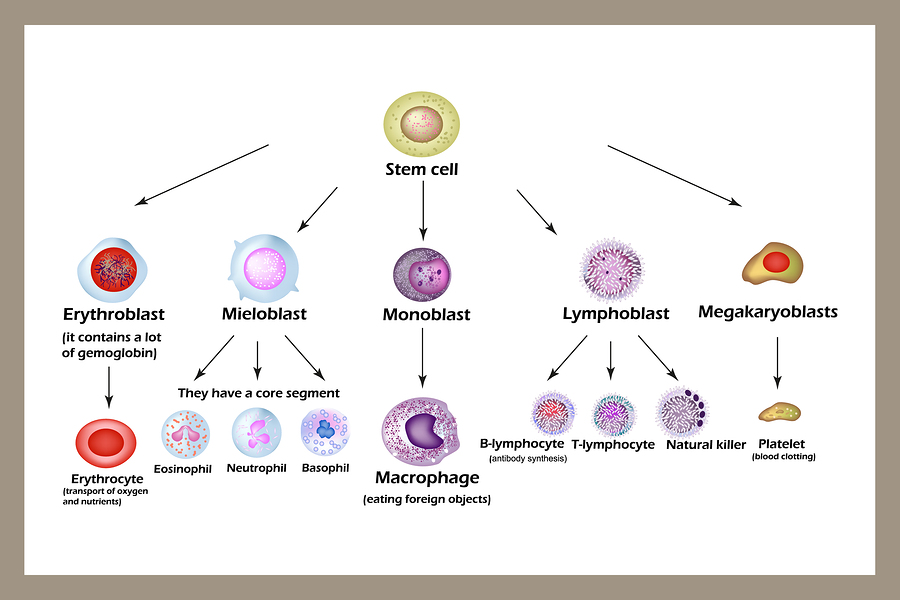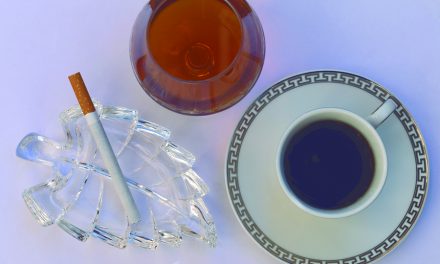Ancient health practices have been around for a long time, and studies are constantly proving how effective they are. Recent research shows that prolonged cycles of the practice of fasting protect against damage to the immune systems, and ultimately help regenerate it.
Evidence through clinical trials shows that fasting shifts stems cells from a dormant state to a state of self-renewal. The June 5 issue of Cell Stem Cell published a study by researchers from the University of Southern California. Valter Longo, a corresponding author in the study, stated that in mice:
“(fasting) flipped a regenerative switch, changing the signalling pathways for hematopoietic stem cells, which are responsible for the generation of blood and immune systems.”
“We could not predict that prolonged fasting would have such a remarkable effect in promoting stem cell-based regeneration of the heatopoietic system. When you starve, the system tries to save energy, and one of the things it can do to save energy is to recycle a lot of the immune cells that are not needed, especially those that may be damaged.
What we started noticing in both our human work and animal work is that the white blood cell count goes down with prolonged fasting. Then when you re-feed, the blood cells come back.”
RELATED STORY:
Fasting automatically lowers white blood cell counts, which triggers stem cell-based rebirth of new immune system cells. More remarkably, fasting reduces the PKA enzyme, which has been linked to tumor progressing and cancer, as well as aging.
Tanya Dorff, who is co-author of a pilot chemical trial, noted that a cancer patient who fasted for 72 hours before chemotherapy was protected against toxicity. She said:
“Chemotherapy causes significant collateral damage to the immune system. The results of this study suggest that fasting may mitigate some of the harmful effects of chemotherapy.”1
Many ancient cultures incorporated fasting, including Buddhist, Vedic, Taosim, Hinduism and more. Not to be confused with starvation, fasting is the process of restrain and control from the emotional experience of eating, while at the same time ensuring you are doing it accurately.
The study found the following benefits of fasting:
Fasting helps protectagainst brain disease. Researchers at the National Institute on Aging in Baltimore have found evidence that fasting for one or two days a week can prevent the effects of Alzheimer and Parkinson’s disease. Research also found that cutting the daily intake to 500 calories a day for two days out of the seven can show clear beneficial effects for the brain.
Fasting cuts your risk of heart disease and diabetes. Regularly going a day without food reduces your risk of heart disease and diabetes. Studies show that fasting releases a significant surge in human growth hormone, which is associated with speeding up metabolism and burning off fat. Shedding fat is known to cut the risk of heart disease and diabetes. Doctors are even starting to consider fasting as a treatment.
Fasting effectively treats cancer in human cells. A study from the scientific journal of aging found that cancer patients who included fasting into their therapy perceived fewer side effects from chemotherapy. All tests conducted so far show that fasting improves survival, slow tumor growth and limit the spread of tumors.1
RELATED STORY:
The National Institute on Aging has also studied in detail the effects of fasting on one type of breast cancer. Following the fasting, the breast cancer cells attempted to make new proteins and took other steps to keep growing and dividing. These steps led to damaging free radical molecules being created. These molecules broke down the cancer cells own DNA and caused their destruction! Wow!
Ancient medicine intuitively knew the fundamental connection between body, mind and spirit. Think of Hippocrates…he practiced the natural approach and treatment of diseases. He focused on the importance of comprehending the patient’s health, independence of mind, and the need for balance and harmony between the individual and their social and natural environment. These points are mirrored in the Hippocratic Oath, and we believe they should remain front and center in our health care.
Source:












